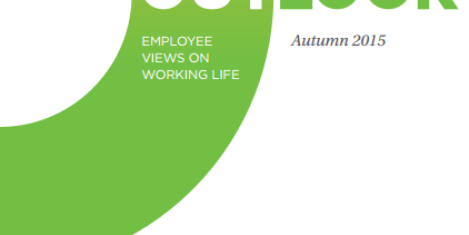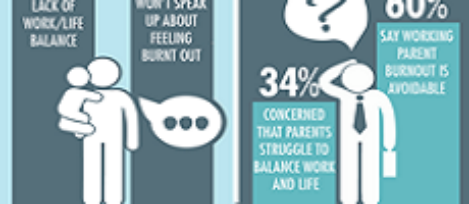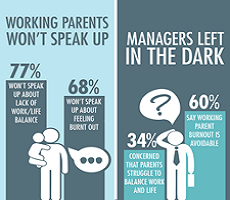December 9, 2015
Generation Z imagines its future workplace design, pods and all 0
Research by Leesman Index (among others) shows how the design of learning environments influences a student’s choice of university. This thinking now also applies to offices, with the commercial office design sector creating the kind of facilities available on the modern university campus. A new workshop organised by furniture brand HÅG has discovered how Generation Z imagines its future workplace. For example, in the same way that a college library offers collaborative and silent spaces; the young people in the workshop didn’t share the current trend of shared workspaces but wanted a mix of collaborative areas combined with isolated working pods that they could customise for their own requirements and mood. However, Gen Z goes further than ever, in blurring the boundaries between home and work, with a great deal more emphasis on wellbeing and areas to relax compared to previous generations.

































November 5, 2015
Data transforms the roles of offices and the people who manage them
by Philip Ross • Comment, Facilities management, Technology, Workplace
More →